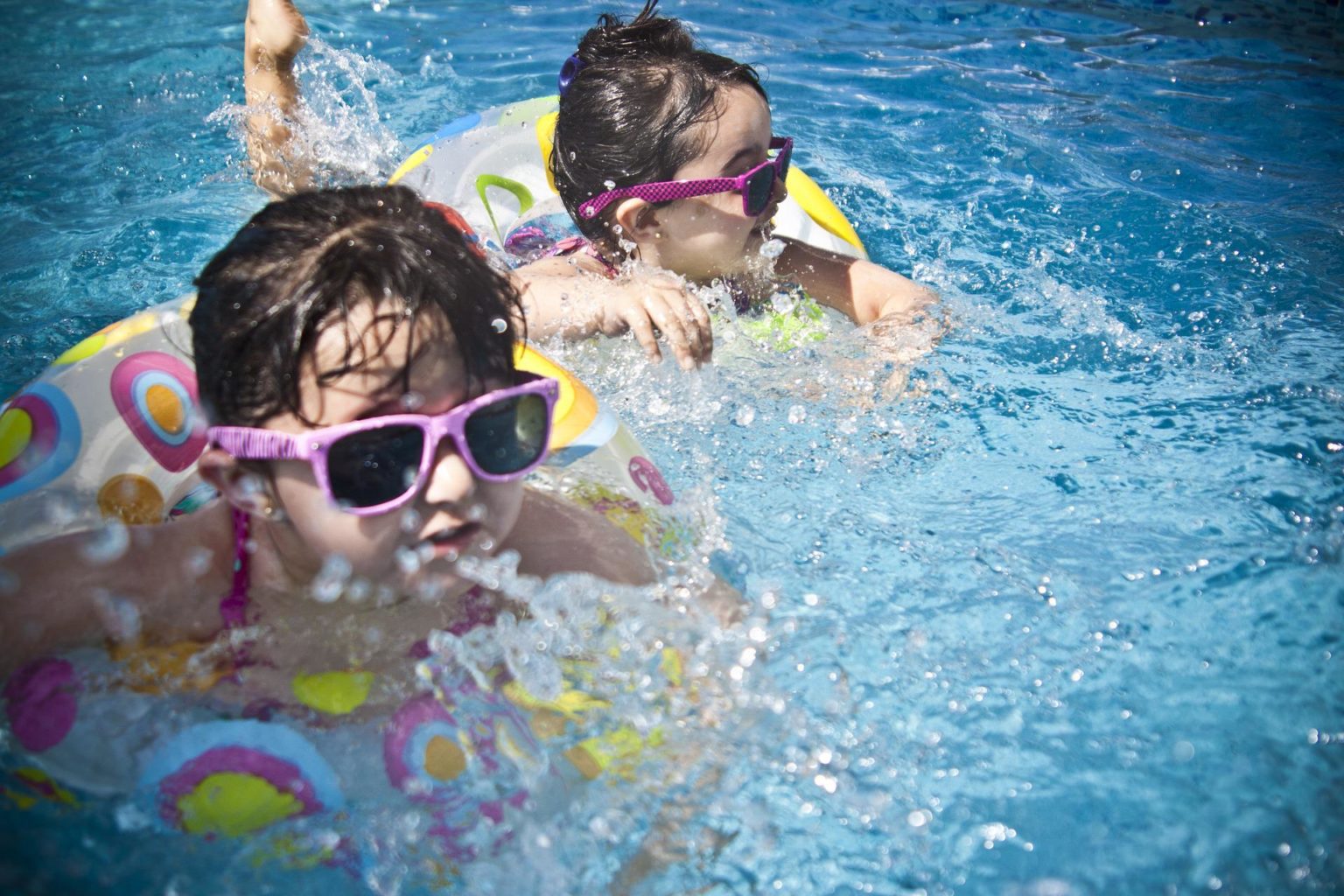National Water Safety Month is an annual awareness campaign coordinated by the Pool & Hot Tub Alliance that enjoys support from the American Red Cross, National Recreation and Park Association, and World Waterpark Association. While May is almost over, the official National Water Safety Month website notes that safety is not seasonal.
An incredible number of accidents occur on the water every year in Louisiana, Texas, and all over the Gulf Coast. It is said that children are frequently among the victims, but adults too can become hurt in a wide variety of accidents on the water.
Types of Water Accidents
Some of the most common kinds of accidents that happen on the water include, but are not limited to:
- Pool Accidents
- Boat Accidents
- Water Skiing Accidents
- Open Water Accidents
- Water Park Accidents
- Splash Pad Accidents
- Diving Board Accidents
- Water Slide Accidents
Injuries in these cases can range from slip and fall injuries to broken bones to lacerations to spinal cord injuries. Severe cases such as drownings may result in death.
In many cases, victims may be entitled to seek damages from negligent parties responsible for supervising water activities. In cases involving swimming pools, a property owner can be liable for an accident in a private pool, while a governmental agency may be responsible for a public pool accident.
Water Safety Tips
Many families can enjoy some time together on the water. All of them should make an effort to keep the following tips in mind when they do hit the water:
- Do Not Swim Alone — People should never swim by themselves unless there is a lifeguard on duty. With children especially, encourage the use of the buddy system to make sure kids are always swimming with friends who will help them look out for one another.
- Teach Children to Be Aware of Their Surroundings — It is important to educate kids on proper safety, especially around boats or other large water equipment. Moreover, stressing the importance of awareness to children can help reduce the risks of possible slip and fall injuries.
- Always Supervise Children — Never let children swim alone without an adult keeping an eye on them. In addition, parents need to pay attention when supervising and should avoid being distracted by cell phones and other
- Make Sure Gates are Sturdy — Fencing around pools needs to be reliable in order to be safe. Make sure there are no defects with your own gate.
- Wear Life Jackets — It is especially important for children to wear a Coast Guard-certified life jacket in the water.
- Stay Clear From Pool Drains — Pool drains can be interesting to small children, so it is a good idea to tell kids exactly what they are and why they need to stay away. Pool drains regularly account for a number of serious accidents that can include fatal drownings.
- Avoid Alcohol — While many people view time on the water as being ideal for drinking, you need to know that alcohol consumption clearly impairs a person’s judgment, coordination, and balance. Being drunk will not be beneficial in an emergency situation.
- Learn CPR — Get CPR certification through the American Red Cross, a local hospital, or some other community organization. CPR can be a huge difference in an emergency situation when every second matters, and a person’s actions on the scene could mean the difference between life and death.
Call Us Today to Speak with a New Orleans Personal Injury Lawyer
Egenberg Trial Lawyers certainly hopes everybody has fun on the water this summer, but we also know that there will be people who are harmed in accidents caused by another party’s negligence. You can have our attorneys help you when you call (504) 229-2853 or contact us online to set up a free consultation.

